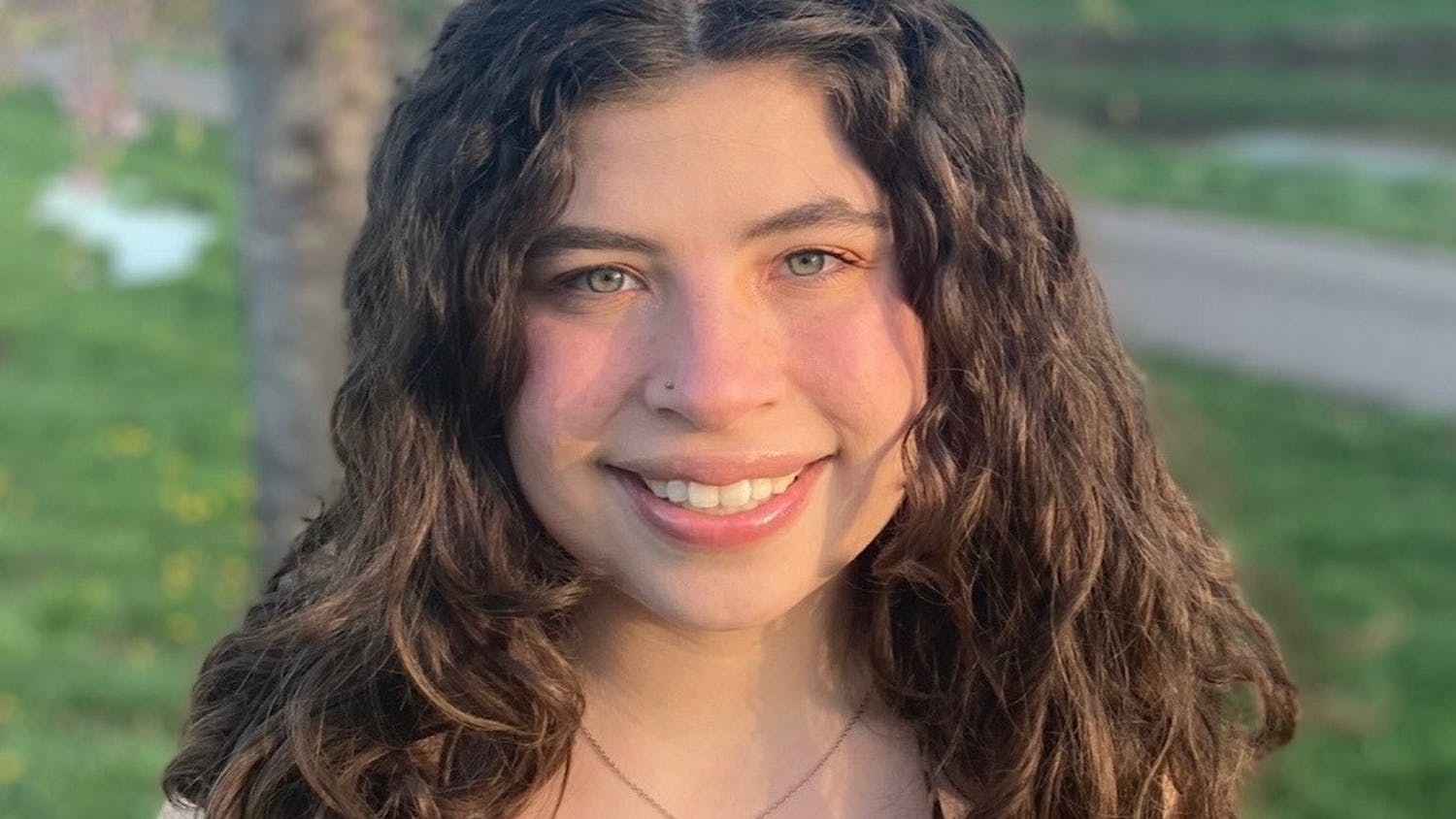Technology, especially our cell phones, has become a part of our way of life. Most of us can’t remember leaving our dorms or apartments without it, almost like it is attached to us. I am certainly part of this group, although I wasn’t always.
For most of my life I observed Shabbat, the Jewish day of rest. During Shabbat, which begins on Friday night and ends on Saturday night, the use of technology is strictly prohibited. For a young child, all it meant was that I couldn’t watch TV for a day. It didn’t seem so difficult. But challenges around observing Shabbat when I entered high school and got a cell phone and a laptop. Suddenly there was a choice between social acceptance and my religion. For the most part, I was able to keep up with my practice, mostly because the people around me were observing as well.
Then I started college and everything changed again. Athens has a much smaller Jewish community than the one I grew up with. The Jewish community that’s here is, for the most part, not as religiously observant as I was growing up. I started feeling it become necessary to use technology on Shabbat so that I could see what my friends were doing and stay on top of my school work. It is still one of my greatest shames that I sacrificed a practice so dear to me.
During my trip to Israel over winter break there was another shift. Of over 40 students on my Birthright trip, about a dozen of us are students at Ohio University. During the Shabbat that occurred during the trip, we were encouraged to turn off our phones for the entirety of the holy day. This forced us all to be more present in those moments, which were made all the more special because we were in Jerusalem. If we needed to go somewhere, we walked. If we wanted to talk to someone, we knocked on their hotel door. For those 25 hours, our time together was uninterrupted by screens. We all felt the holiness of this practice.
The dozen students from OU seemed to come to an agreement: this was too meaningful to only do once. We have made a plan to turn our phones off for Shabbat. We will spend this time together, being present with each other and appreciating the holiness of the day. Shabbat observance can only work well in a community that observes it and we have created that.
It was very emotional for me to return to this practice in Israel, especially when it felt like all of Jerusalem was joining me. A Shabbat-observant community, I realized, is what I was missing this whole time. Now that I have it again, I hope to keep it going until May when I graduate. Afterwards, I will move back to Cleveland, back to a large Shabbat-observant community.
I do expect there to be bumps in the road, or at least an urge to use my phone or laptop during this time. But I know that being surrounded by others who are also foregoing technology will encourage me to remain observant. Moments without our screens have become so rare, so few and far between, that a weekly break from technology feels foreign. But I am going to embrace this challenge alongside those who join me. I am going to return to observing Shabbat.
Hadass Galili is a senior studying political science pre-law at Ohio University. Please note that the views and opinions of the columnist do not reflect those of The Post. Do you agree? Tell Hadass by tweeting her at @HadassGalili.





